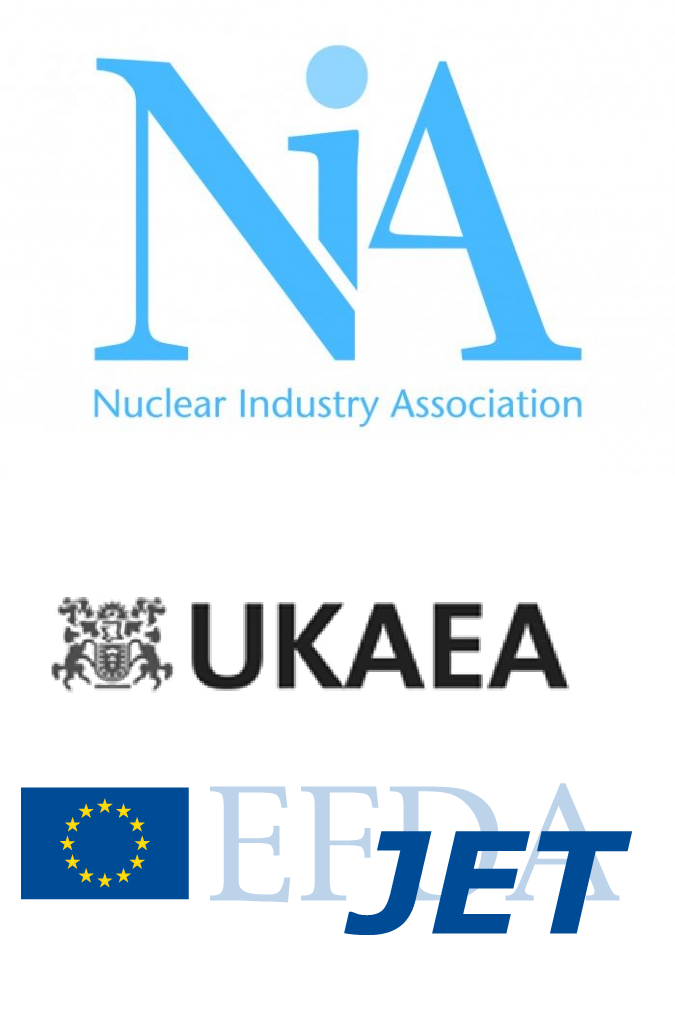Nuclear Reactors 380 - What Impace will the United Kingdom Exit From the European Union Have On Nuclear Energy Projects - Part Two of Two Parts
Part Two of Two Parts (Please read Part One first.)
The CEO of the Nuclear Industry Association has stated that there will be challenges for the U.K. and the E.U. regardless of whether the U.K. votes to stay or leave. He said, " The UK's nuclear industry operates globally, with strong and long-standing business connections, both in Europe and further afield. While the implications of the vote to leave the EU, and subsequent negotiations, will be assessed both by the UK government and European Union, we must not lose sight of the fact that we have significant challenges to replace retiring electricity generation plant, to improve our energy security and to reduce carbon emissions, and that has not changed as a result of the referendum. The nuclear industry will work with policymakers here and in the EU to ensure the implications and changes arising from the referendum result are properly understood, and to maintain the confidence in low carbon baseload power and high quality decommissioning which is a vital part of the UK's industrial, engineering and scientific footprint."
Analysts at the U.K. Atomic Energy Authority have reported that over one thousand clean-energy exploration jobs may be lost when the U.K. leaves the E.U. The AEA CEO is concerned that U.K. nuclear research programs may lose as much as seventy five million dollars in annual funding from the European Commission. The AEA administers the Joint European Torus (JET) project at its Culham Science Center. The JET is the biggest tokamak in the world. It is used for research on thermonuclear fusion by forty labs in Europe. The CEO of AEA said that "If we should lose our European funding, the lab would have to shrink to a tiny size and the jobs would go and the expertise would move to other countries […] and we would have lost our edge in a future technology that's very, very important. The U.K. exit will mean that we will lose our influence, we will lose our capability to argue for it, and eventually the EU will put the experiments in this area of science in other places."
The U.K. will be closing its coal fired power plants and many of its old nuclear power plants in the next couple of decades. This means that new sources of power will have to be developed as quickly as possible. Time will tell whether if the U.K. exit from the E.U. will make this task more difficult that if they had stayed in the E.U.
David Cameron, the current Prime Minister of the U.K. will step down in three months and an election will be held to form a new government and select a new Prime Minister. It will take the U.K. at least two years to leave the E.U. During that time many different problems will have to dealt with to disentangle the U.K. from treaties, projects and commitments involving the U.K. Nuclear energy programs are only one of many different industries that will be impacted by the separation.
